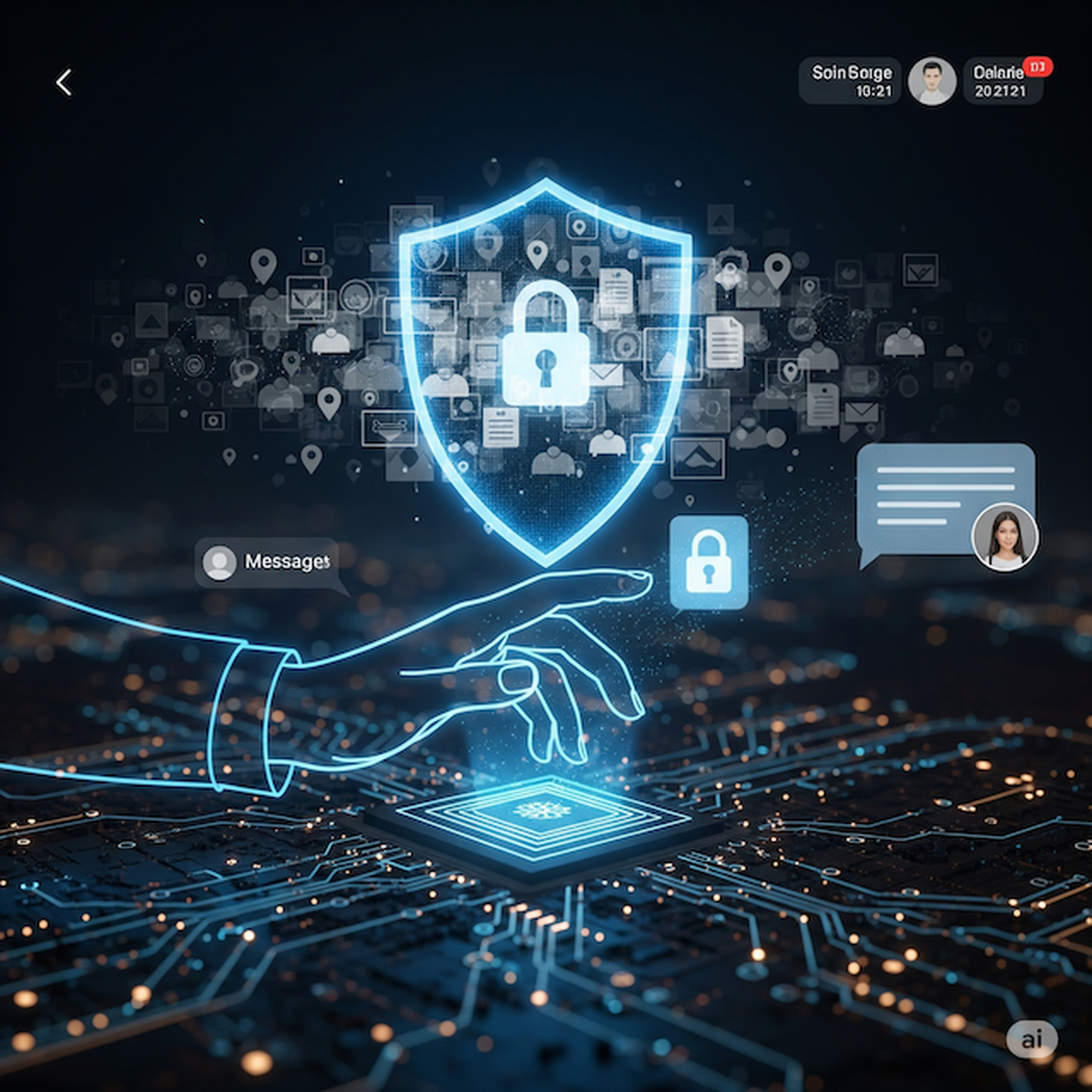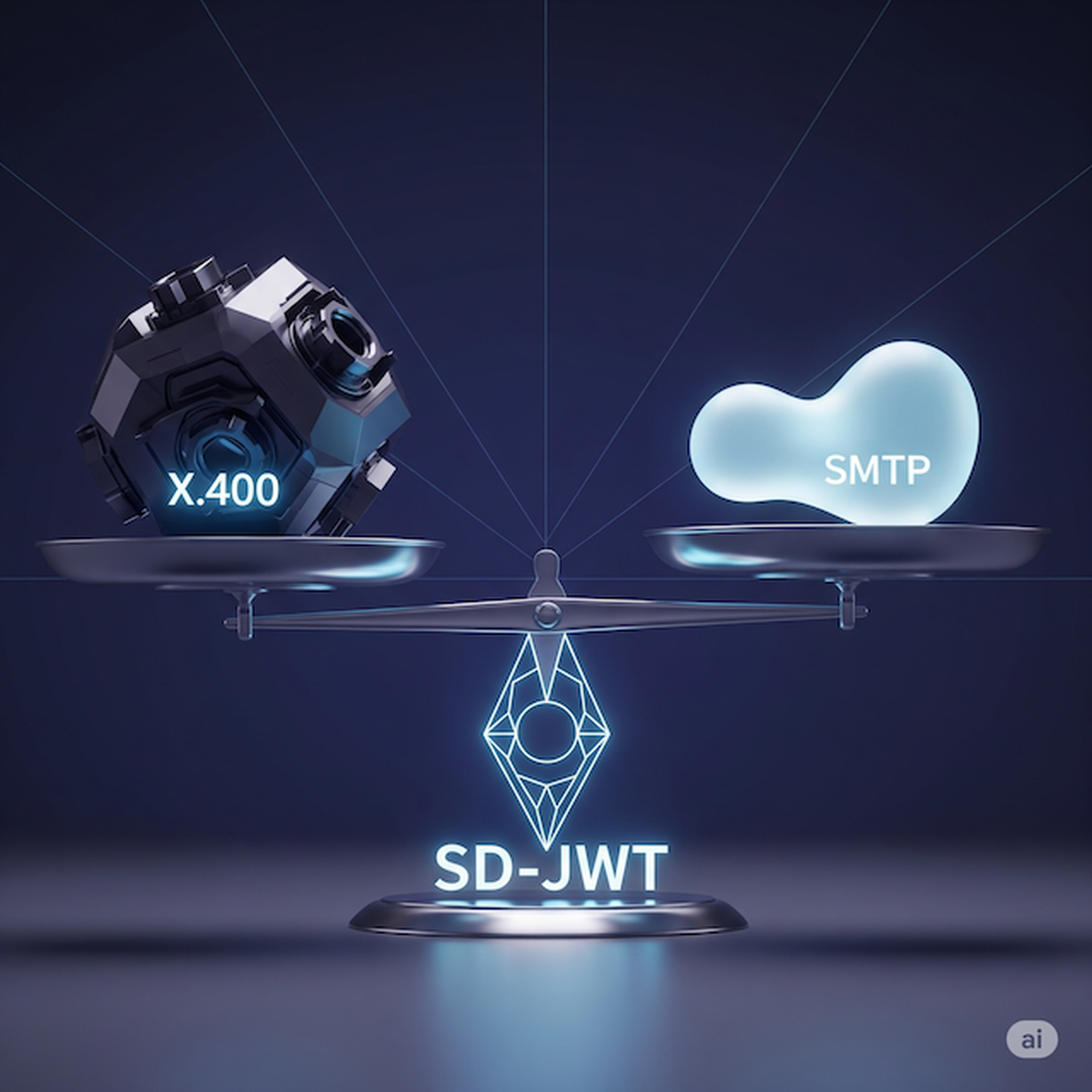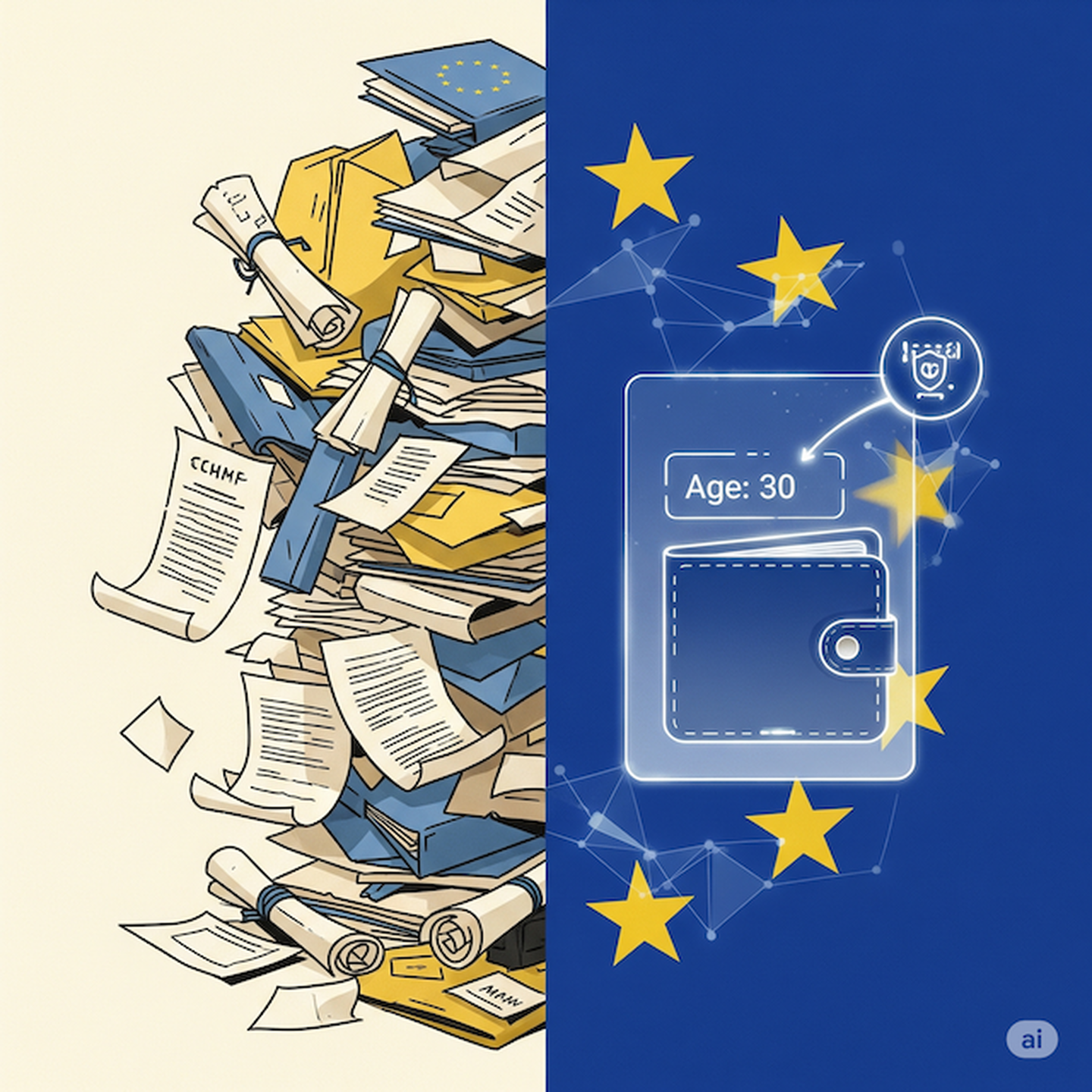
A high‑level, non‑technical look at Self‑Sovereign Identity and the EU Digital Identity Wallet
- Home /
- Blog Posts /
- A high‑level, non‑technical look at Self‑Sovereign Identity and the EU Digital Identity Wallet
- Nick Vermeulen
- Privacy , SD-JWT , eIDAS , SSI
- 27 September 2025 · Updated 27 September 2025 · 3 min read
Table Of Contents
Embracing Self-Sovereign Identity: A Promising Future for Personal Data Management
If you live in the Channel Islands and want your sensitive data kept securely on your own devices, new digital identity tools can help. Self‑sovereign identity (SSI) is a simple idea: you hold your own digital credentials (like an ID card, proof of age, or a qualification) in a secure app and share only what’s needed, with your consent.
SSI gives you control. Instead of handing over full documents for routine checks, you can confirm just the fact required—for example, that you are over 18—without revealing extra personal details.
The Key Advantages of Self‑Sovereign Identity
SSI shifts control of personal information back to you. Rather than disclosing full documents, you share only the minimum necessary information (often called “selective disclosure”).
The benefits include:
- Enhanced privacy: You decide what to share, reducing the risk of surveillance and targeted advertising.
- Streamlined processes: Quick, digital checks speed up tasks in finance, healthcare, and travel—without repeated paperwork.
- User empowerment: Ideal for people who work across borders or manage multiple roles.
Tighter control also helps deter fraud. By limiting what’s shared and using strong authentication, SSI makes it harder for criminals to misuse your information.
Could the EU Digital Identity Wallet Be a Good Starting Point?
Given the Channel Islands’ proximity to the EU, the EU Digital Identity (EUDI) Wallet—planned for broad rollout by 2026—could be a practical way to store and manage credentials such as ID, qualifications, and medical records. It is built to let you share only what’s needed while following strict EU privacy rules. The wallet is being developed openly (open‑source), so others can build on it and tailor it to different needs. This means that if the Islands want to adopt such an initiative, we do not have to start from scratch on the technology front.
Interoperability: Working Smoothly Across Borders
If you often work or travel in Europe, being recognised across countries matters. The EUDI Wallet focuses on interoperability so your credentials can be accepted in many places without creating multiple accounts or re‑registering again and again. In practice, that means you can, for example, prove a qualification to a regulator in Paris while sharing as little personal data as possible. Interoperability will also be key, as there are a number of SSI standards in use today. It will be important to ensure that any technology we choose can operate on a global stage, given the global nature of our main industry.
Looking Ahead
The SSI ecosystem is maturing, learning from earlier attempts, and moving towards more practical, inclusive solutions. Using tools like the EUDI Wallet can help you keep control of your data, improve security, reduce fraud, and simplify life across borders.
In the UK, the Prime Minister has announced work on a digital ID initiative. While our emphasis here is on the EU’s progress—targeting 2026—UK efforts, currently targeting 2029, could improve future compatibility and adoption.
For people in the Channel Islands interested in privacy and digital innovation, SSI is a strong option today, with a clear path to broader, simpler use tomorrow.


